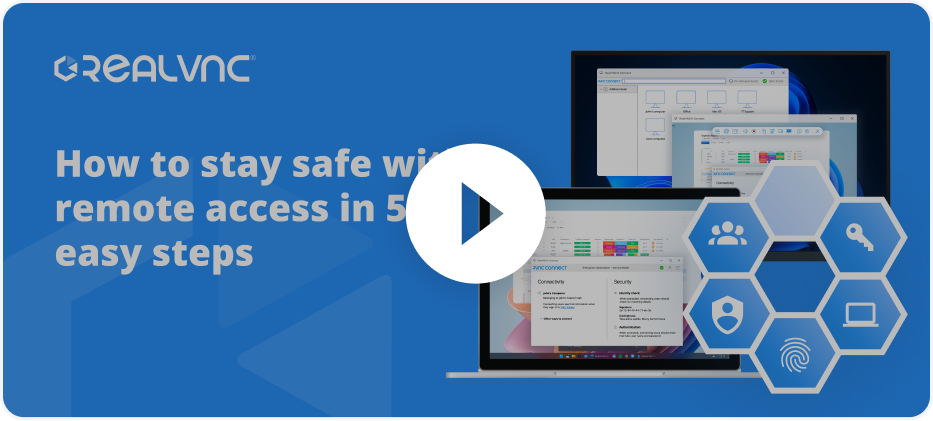The talent you need isn’t in your area, office space rental is through the roof, and productivity has been creeping down month by month.
So after seeing all the exciting benefits it can have, you’re thinking of allowing employees to work from home? Great! Now what? Where do you start?
With a well thought out remote working policy of course! We’ll take you on a whistle-stop tour of the most important things to consider when setting up a remote working policy for your business.
1. Staff eligibility
Before you set up any remote working arrangement, you need to decide which roles can be successfully performed away from the office. For instance, a copywriter can perform most, if not all, of their duties without setting foot in the office, but a receptionist needs to be there in person to greet visitors and keep the office running.
It’s also important to define when an employee would become eligible for telecommuting privileges – this could be the moment they sign their employment contract, at the end of their probationary period, or after a successful performance review. There’s no right or wrong here, it’s just down to employer preference. Go with what makes sense for your workplace.
2. Performance
Performance should be measured in some way no matter what role or remote status, so this one shouldn’t come as a shock. It’s good to make it clear in advance how a remote worker will be assessed in terms of productivity, calls, submissions, or whichever metrics their department uses. This means there’s no surprises or misunderstandings when it comes to review time.
3. Employee availability
For any remote worker to be successful, communication is key. Without effective communication, wires can easily get crossed. For this reason, is very important to set expectations about the availability and responsiveness of telecommuters form the start.
Do your team members need to be available during traditional office hours, or are they free to schedule their workday however they want as long as their work is done?
Do you expect everybody to answer emails and messages straight away, or are you happy for them to do it in their own time? Will remote meetings be scheduled in advance, or should your employees be available for unscheduled calls? Whatever your choices, make sure to communicate them in advance so the rest of the team can plan their workdays accordingly.
4. Tech, equipment and security
When setting up a remote working arrangement, you need to ensure remote employees have all the tools they need to work anywhere. This means providing (and paying for!) the necessary hardware and software required to be effective out of the office.
These requirements will look different depending on your industry and the employee’s job role, but a good place to start is a good laptop, general applications for writing, presenting, and spreadsheets, a reputable remote desktop solution and some robust anti-virus software.
As part of this, it’s a good idea to set some rules on what company equipment should not be used for – this again depends on your individual preferences for work/personal boundaries.
5. Protecting confidentiality
It can be easy to forget in this digital age that there’s other ways to steal data other than by hacking, and we’re not just talking about swiping a laptop full of company secrets. When working in a public space such as a coffee shop or co-working setup, it’s important to consider what people can physically see and hear.
Confidential conversations should only happen in places they cannot be overheard, and when working on sensitive data, precautions should be taken to ensure nobody can look over a worker’s shoulder and see what’s on their screen.
6. Suspension of telecommuting privileges
This isn’t the nicest point on the list, but preparing for things to go wrong is unfortunately necessary. Ensure you communicate what consequences there could be if the rules you set out are broken, according to the severity of the infraction.
An occasional lull in productivity is pretty normal, and could be addressed simply by assessing performance more regularly, or perhaps some coaching. However, a continuous, unjustified lack of responsiveness, regularly missing deadlines, or any other major infraction could result in the complete suspension of all remote working privileges.
And that about covers it (the basics anyway)! Of course there’s more to consider, but with your airtight policy in hand you’re almost ready to join the remote working revolution. For more information, download The Ultimate Remote Working Essentials Guide.
Try a remote desktop software for free
Are you looking for a secure and affordable remote desktop solution that will allow your employee to remotely connect to their work computers for anywhere? You can try VNC Connect free for 14-days.













